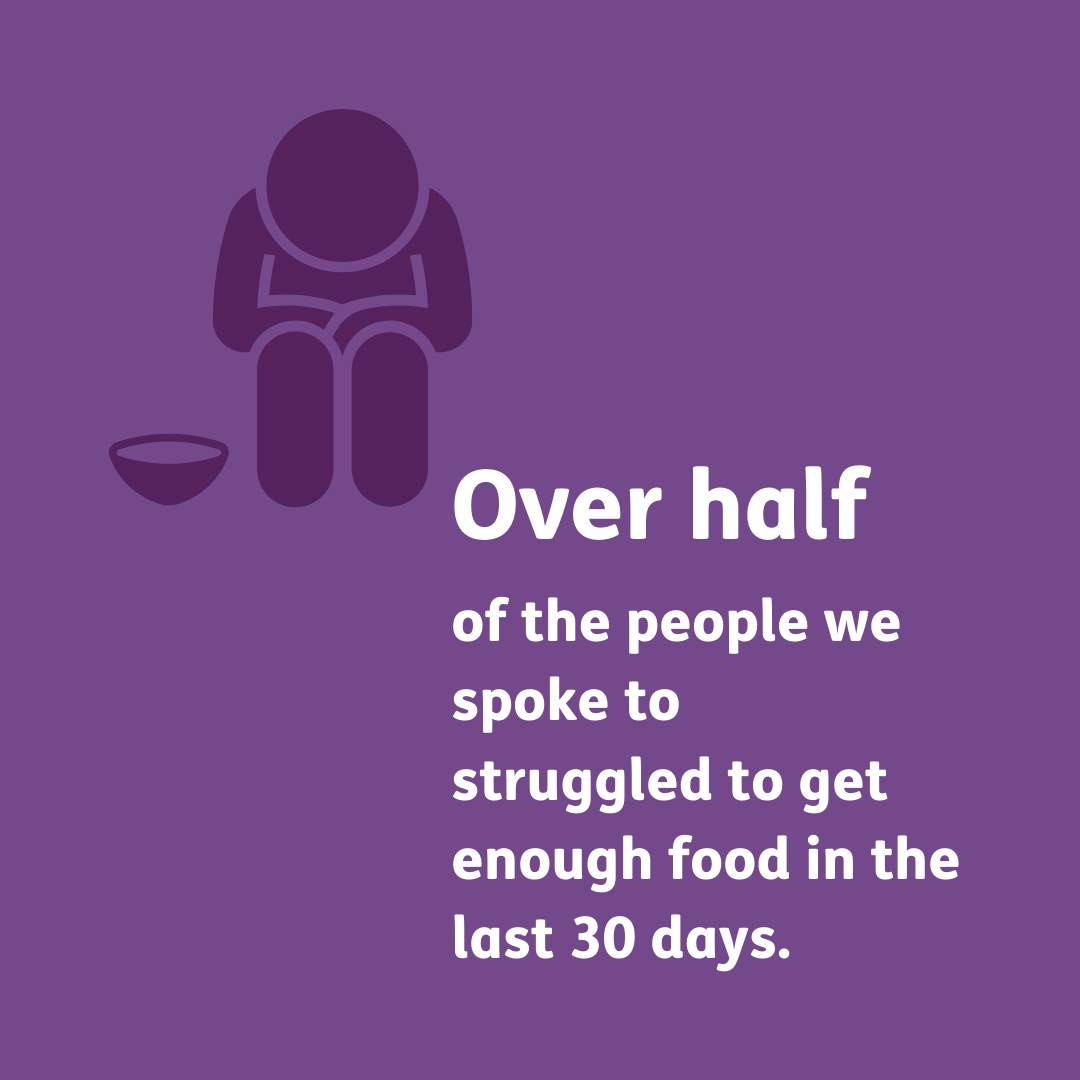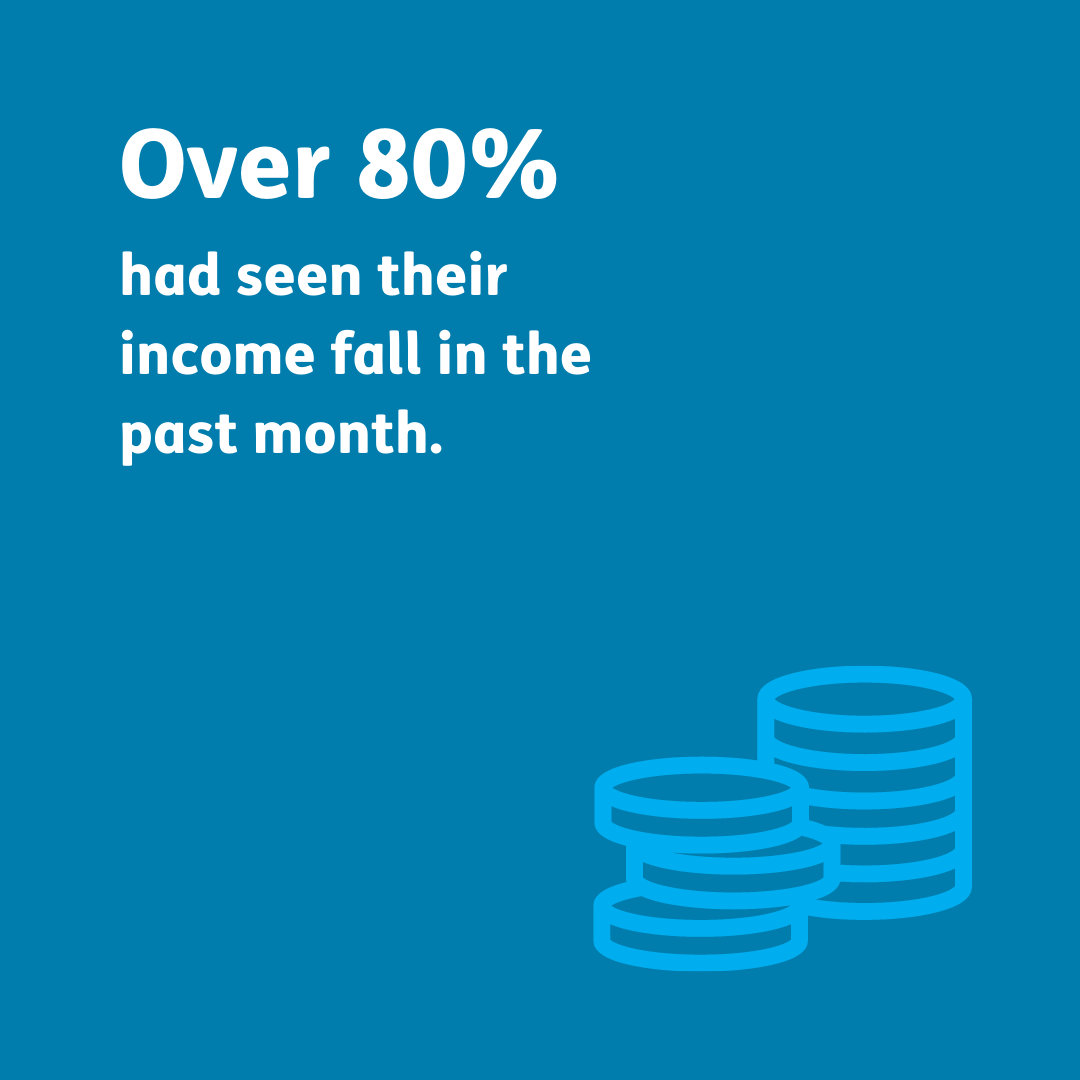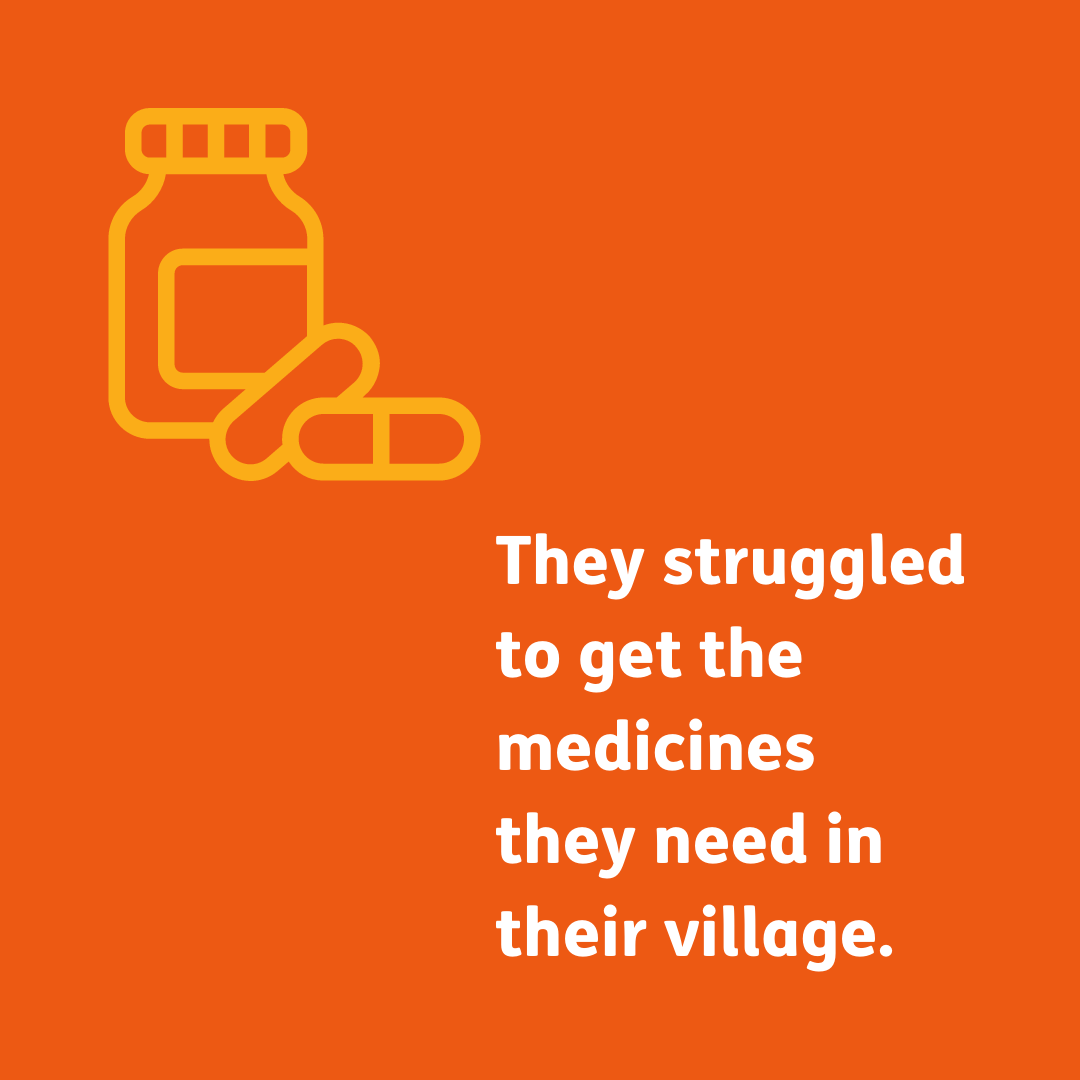
Older people in Afghanistan say the crisis is deepening
Published on 08 April 2022 05:44 PM
We've been listening to the experiences of older people in Afghanistan and have learned that the problems they're facing have deepened, as drought and lack of jobs mean getting enough food is a daily struggle.
In December 2021, the Disasters Emergency Committee and its members including Age International launched the Afghanistan Crisis Appeal. Whilst it may feel like news coverage has entirely turned away from Afghanistan since then, many people are still in need and Age International is continuing to raise funds for the appeal. We have been speaking to older people affected by the crisis there to better understand the challenges they face, whilst working to help meet their needs through our partners, HelpAge International and Humanity and Inclusion UK.
The hunger crisis in Afghanistan has deepened throughout the difficult winter period, with the World Food Programme reporting that over half the population – 22.8 million people – are struggling to get sufficient food. Meanwhile, the conflict in Ukraine could have a knock-on effect on the supply of wheat in Afghanistan, which is used to produce the country’s staple food items. This will make life even harder for Afghanistan's most vulnerable people.
Understanding the challenges
By listening to older people themselves, Age International aims to offer what is really needed in a humanitarian emergency and works with partner organisations who are responding to crises to help them understand how they can make their own response more inclusive.
In Afghanistan, we’ve held focus groups and spoken to the other humanitarian organisations responding in the area to understand who is already supporting older people and what challenges they face. We've found that the situation is still very bleak for older people, who are in desperate need of food and struggling to earn enough to eat.



Conflict, economic crisis and drought in Afghanistan have seen food prices spiralling this winter, at the same time as a total lack of employment opportunities. Whilst we found that staple food items are available on the markets, the high prices mean most people are falling into debt to afford to eat, relying on loans to put food on the table – an unsustainable situation. In one area, over 94% of the people we spoke to said they had struggled to get enough food or didn’t have enough money to obtain food in the previous 30 days.
Those who are working are relying on daily wage labour with no contract, lacking steady or longer-term job opportunities to support them and their families. Many people have been uprooted from their homes by the conflict and have had to migrate to a new area, where they are now struggling to find work. On top of this, the country is dealing with drought and harsh winter weather. Those who rely on livestock and crops said they haven’t been able to harvest as much food as usual and that their livestock numbers have decreased.
Older people and those with disabilities said lack of money and transportation was a big barrier in accessing support from humanitarian organisations, particularly for those living in remote, rural areas. Many must rely on relatives for help, such as to travel to the city to buy essentials that aren’t available on local markets, and most were unaware of any help available.
Identifying these issues will help us plan our response to make sure we are reaching those older people who can’t travel so easily with information and support, and to understand what help we can give to other humanitarian organisations in the area so that they can better support older people. It also means we can tailor our response according to what different people in different areas need – whether it be food, cash or other support.
